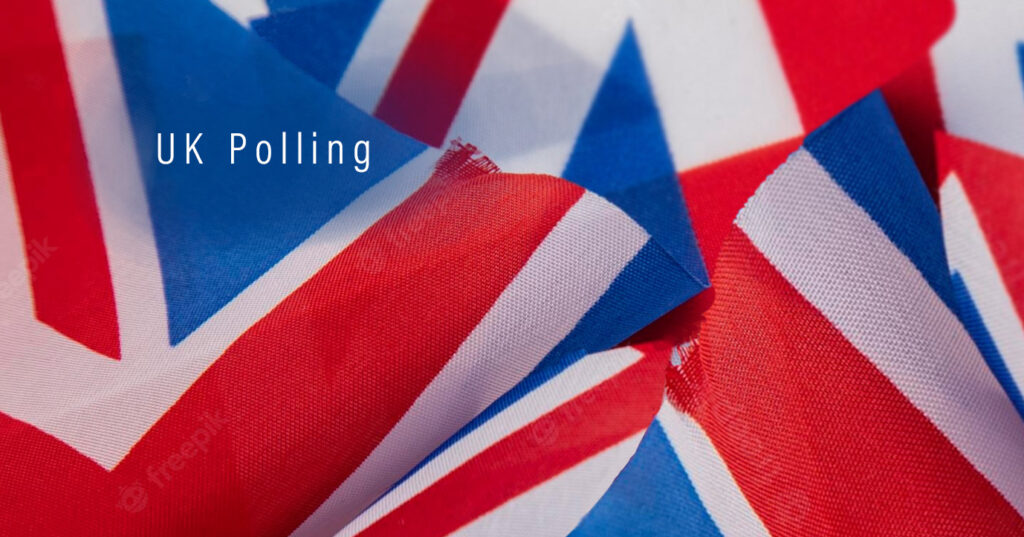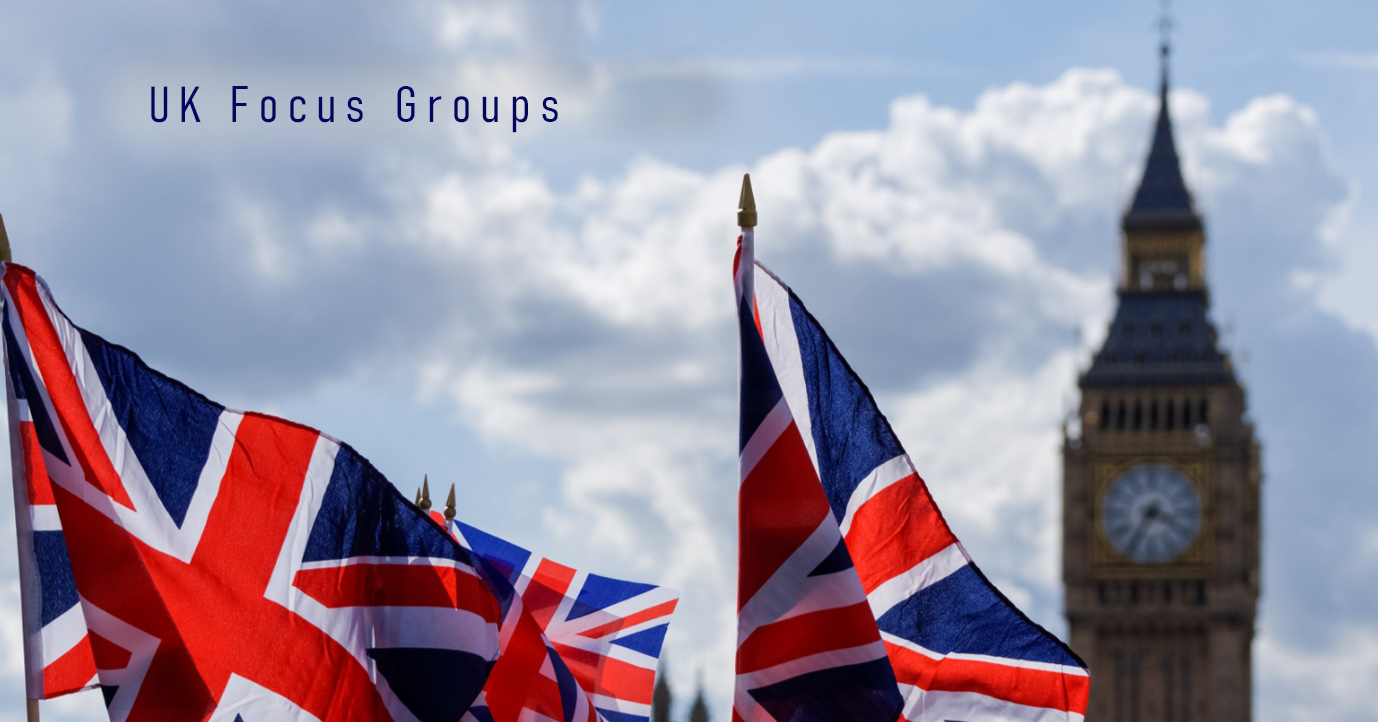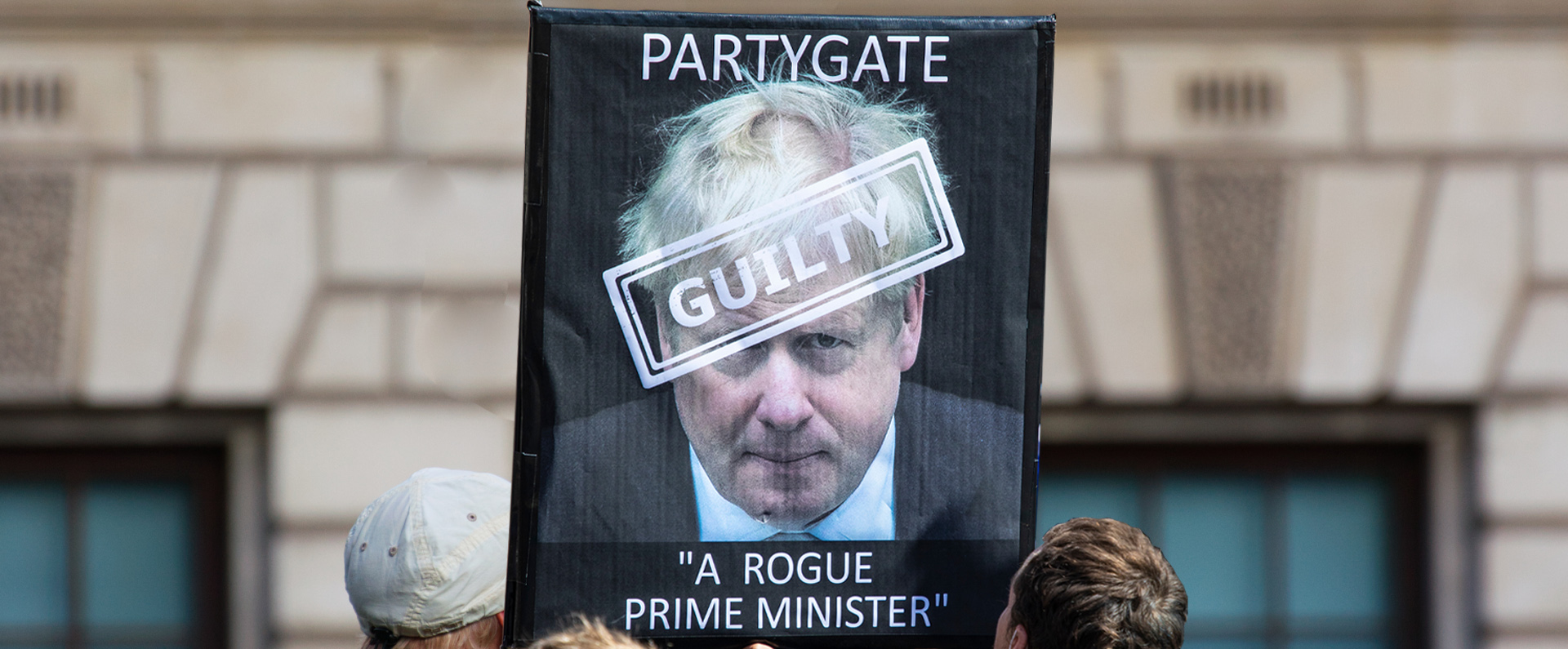
The Prime Minister’s birthday this year is unlikely to be his happiest, but at least he knows what he is going to get. My poll on the Clacton by-election, to be held on 9 October, the day David Cameron turns forty-eight, has found UKIP on 56 per cent, 32 points ahead of the Conservatives on 24 per cent. Labour were on 16 per cent, and the Liberal Democrats and Others on 2 per cent each.
More than half (59 per cent) of those who voted Conservative at the last general election said they would switch to UKIP, as did 45 per cent of 2010 Labour voters. Most of the Clacton electorate, including nearly nine out of ten UKIP supporters and more than half of Tories, expected Douglas Carswell to hold the seat for his new party.
More than two thirds (68 per cent) of those who intend to vote UKIP said a large part of their decision was that they have “the best candidate locally”. This trumped the usual reasons given for voting UKIP at a by-election: “to send a message that I’m unhappy with the party I usually support” or “as a general protest that I’m unhappy with all the parties at the moment” – though a majority of UKIP voters said one or both of these also played a part. The view that UKIP “have the best policies on particular issues I care about” was the single biggest explanation, cited by 81 per cent of UKIP voters.
Most Clacton voters (56 per cent), including four fifths of UKIP supporters and half of remaining Conservatives (49 per cent) said Carswell “seems more principled than most politicians”. Nearly two thirds (64 per cent) said he “has been a good MP for Clacton”.
However, four in ten – including, not surprisingly, two thirds of those intending to vote Conservative – agreed that having a by-election this close to a general election achieves nothing and that Carswell should have waited a few months to stand for UKIP next May. Even so, less than one third thought he probably switched because UKIP were doing well locally and “he thought he might lose his seat if he stayed with the Conservatives”.
Nearly two thirds (63 per cent) of Clacton voters, including 67 per cent of those supporting UKIP, said they were either satisfied with the job David Cameron was doing as Prime Minister or (more likely) that they were dissatisfied but preferred him to Ed Miliband. Less than a quarter of the Clacton electorate would rather see Miliband in Downing Street.
As for the European question that has helped precipitate these events, only 37 per cent of local voters – and only just over half (57 per cent) of UKIP supporters – said they thought Carswell becoming the UKIP Member of Parliament for Clacton would make a referendum on Britain’s EU membership more likely. Overall, 11 per cent said it would become less likely and nearly half (46 per cent) said it his election would make no difference to the prospects for a referendum.
Even allowing for some movement in vote shares as the campaign unfolds over the next month, the likely outcome of the by-election is clear. What happens to the seat at the general election seven months later is rather less settled. As things stand, the indication is that Carswell could hold the seat, but perhaps with a reduced majority. In my poll thirty nine per cent said they would probably vote UKIP again at the general election next May, 22 per cent would vote Conservative and 15 per cent Labour – though a further 17 per cent said they did not know, would not vote, or refused to say. Among those naming a party, that puts UKIP on 48 per cent, a 21-point lead over the Tories.
One point of methodological interest for the aficionados: a number of respondents in our poll said they voted UKIP at the last general election, even though there was no UKIP candidate in Clacton in 2010. This highlights a question that all pollsters have to deal with, namely what to do about people who misremember, deliberately or otherwise, how they voted in previous elections. This matters in polls like this one where results are weighted to take into account the results of previous elections in order to make them politically representative.
Different pollsters have honourably come to different conclusions about how to deal with this problem. Survation, for example, who published a poll in Clacton at the weekend, use past-vote weighting in their national surveys but not in polls of individual constituencies. My own polls are past-vote weighted both at national and constituency level as I continue to think this is a useful tool for making them more politically representative and therefore more accurate – as witnessed most recently in my poll ahead of the Newark by-election.
In the Clacton poll, since it is not possible to guess what those who claimed to have voted UKIP in 2010 really did – whether they voted at all, and if so for which party – there were two options for dealing with them. One was to assume they did not vote at all, which seems a sweeping response and unlikely to be true. The other – which is what we have done – is to treat them as though they did vote, but for a party other than the Conservatives, Labour or the Liberal Democrats. As such, they appear in the tables in the Others column under ‘2010 Vote’.
As it happens, treating them the other way would have made only a marginal difference to the overall result – which is, with more than five weeks until polling day, a snapshot not a forecast.


